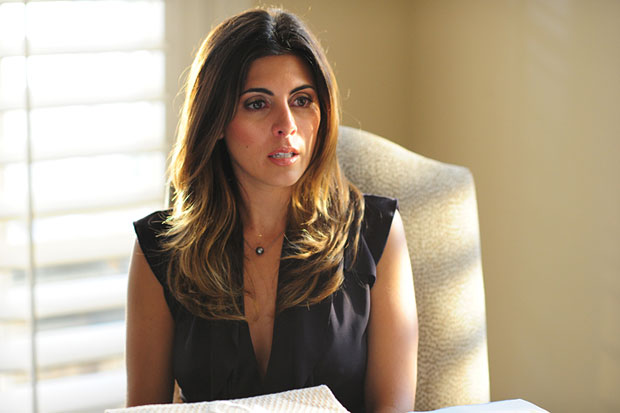
The iconic actor talks Ray Donovan, Seinfeld, and Deliverance, as well as playing Van Helsing in the new reboot of Dracula: The Dark Prince.
Let’s talk about your new hit series, Showtime’s Ray Donovan. Your character, Mickey, is remarkable. Why do you think audiences seem to connect with him, even though he’s a pretty bad guy?
Oh, he’s a bad guy. He’s a mess. But there’s also some good aspects to him. For one, he’s completely honest. That’s a terribly surprisingly element. He says what’s on his mind, and we admire it. He’s the opposite of politically correct. He tells you what he’s thinking. And sometimes it’s very shocking, but it’s also endearing in a certain way, too. I think that in some way, he’s an interesting portrait of a man – the male animal that we have pretty much attacked over the latter course of my life as a culture. That he’s still alive, I think we’re grateful for that. The positive side of Mickey is he’s a real male, and he’s funny, and he can be dopey, and he can be cruel as well, but there’s something that we respond to in that way. In other ways I think he’s like the characters that we’ve taken to heart like Archie Bunker or the Fonz, you know, these kinds of archetypes. I don’t know where Mickey fits into that, but there’s something like that going on, too.
Were you surprised by how iconic your Seinfeld cameo and storyline – about whether you were the previous owner of George Costanza’s used LeBaron convertible – became?
Well, yeah, it was a big surprise. It was so funny, but as I look back, at that time in my career it was helpful to me, and it still has an afterlife. People come up to me every week probably and say, “Would you bite a pencil?” or you know, other stuff from Seinfeld. And it had a long life. Of course, the Seinfeld show was a very great show.
So just for the record, have you ever owned a LeBaron convertible?
You know, the funny thing was, the writer of that show actually did buy a LeBaron convertible that was supposed to be mine. And he asked me when I came on the set to do my little piece, to bite Kramer’s arm, he asked me, “Would you come around the corner and just look at this car, and tell me if this was yours?” And I had to say no [it wasn’t], but the funny thing is my mother did have a LeBaron, a white LeBaron convertible, down in Florida, and after I did the show, she said, “Why didn’t you get me a new car? You could’ve gotten me a car!”
Read my entire interview with Jon Voight at Maxim.com












